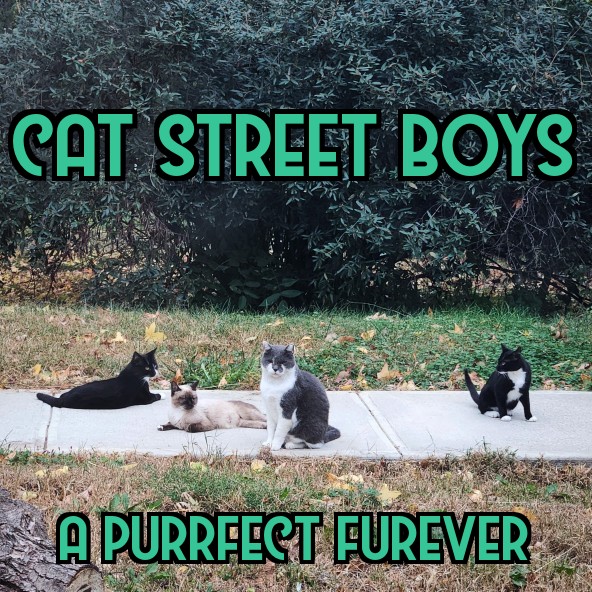







Well, they wrote some letters. There’s nothing more the nations law makers can do to protect citizens from corporate greed and price gouging. /s


WLFI has a current value of $0.0000000000034 USD.
That’s about 3 billion WLFI for 1 penny. What a deal!


Didn’t Google try this a decade ago with Google Glass, but recieved such a negative response over privacy concerns that it abandoned the project.
Am I remembering this wrong? Have people’s views on privacy changed to the point where this is acceptable? Does Meta not have the features that Google did which prompted to backlash?


If these posts are made in a relatively short time then it could appear as spam. I browsing New is my default and, on a couple of occasions, I have blocked a user simply for being too active and flooding my feed.


What is Flipboard?
Seriously, 4 to 6 words is all it would take.
Flipboard, a social media aggregate app, is making good on a major fediverse promise.
Is that what it is? Did I guess right?


My favorite thing about the internet is hearing questions that I would never think to ask and seeing answers like this.
Thank you for helping to make the internet a bit more interesting.
There are studies that show introvertion is not a “preference”, but rather the result of increased blood flow to certain parts of the brain. Ref: https://pubmed.ncbi.nlm.nih.gov/9989562/
There are other studies showing a “high reactive” or “low reactive” response to unfamiliar events and stimuli in infants and it’s correlation to behavioral inhibitions as toddlers. While it requires some extrapolation, this suggests that introvertion may be a a condition of “nature” rather than “nurture”. Ref: https://www.ncbi.nlm.nih.gov/pmc/articles/PMC4283938/
Let me know if you are interested and I can send you additional peer reviewed studies and papers on the topic. Personality and human behavior is a fascinating topic.
Yes, I did read those articles. Allow me to highlight some of the points from those articles which bolster my argument that the avoiding our limiting of social interactions of introverts is rooted in finding those interactions to be exhausting and mentally draining.
they enjoy one-on-one engagement in calm environments, which is more suited to the make-up of their nervous system. Evidence suggests that, unlike with extroverts, the brains of introverts do not react strongly to viewing novel human faces; in such situations they produce less dopamine, a neurotransmitter associated with reward.
Introverts gain energy from reflection and lose energy in social gatherings.
Highly stimulating situations with lots of social interaction are draining for introverts, while these types of encounters tend to fuel extroverts.
Introverts usually like to be alone and recharge by spending time by themselves.
A person with introverted tendencies might still like to go to parties and socialize with others. However, they will likely need to spend time alone afterward to recharge.
Being introverted has to do with how you gather energy.
Hanging out with friends on Friday might max out your energy, leaving you craving solitude on Saturday to rest and refuel.
If you have any articles or research studies to suggest that introvertion is not associated with a psychological drain or that it is a condition of choice, I would appreciate reading them. I’m always receptive to new information that may change my mind on a topic.
I would consider that definition to be overly simplistic and failing to capture an important point that is often referenced when describing traits of an introvert. Introverts find social interactions, especially in large groups, to be draining. I believe this to be a key distinction between people that avoid social interaction out of misanthropy or frustration or fear or depression or any of a myriad of other reasons that a person might seek solitude over the company of others.
The reason and motivation behind the desire to avoid social interactions plays a role in determining a course of action in responding to them and ending them early. If you find them draining, a simple “sorry, I gotta get going”, when you start to feel drained, is all you would r really need. However, if social interactions trigger a negative emotional response, then more tools would be needed.
Here are a few references on the topic of introvertion:
https://www.psychologytoday.com/us/basics/introversion
https://www.medicalnewstoday.com/articles/introvert-definition
Mutually exclusive or not. Nothing in the description nor the original post depicts introvert behavior.
Thanks. Fixed my comment.
What you described is being antisocial asocial, not introverted.


Think of it like this